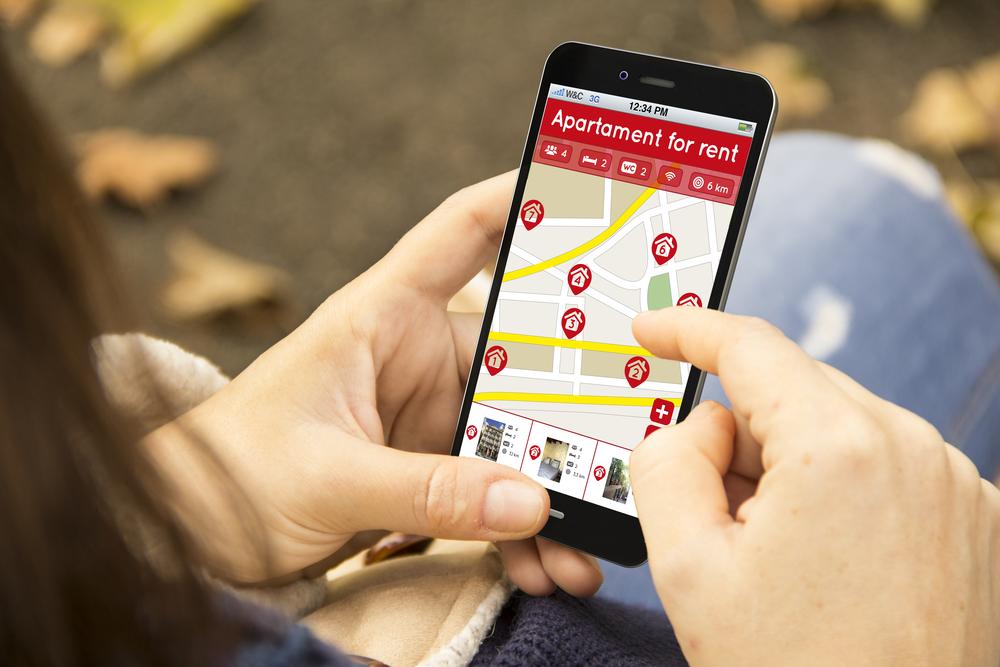
5 unusual applications of GPS technology
Global Positioning System (GPS) is a navigation system made up of 24 satellites in high orbit. The satellites circle around planet Earth twice a day in their precise orbit to send and receive signals from GPS enabled devices. The technology enables multiple devices to calculate speed, bearing, track distance, starting and end points, and time to provide accurate real-time navigation data.
Navigation is one of the primary purposes of using GPS technology for civilians. However, advancements in the field of satellite communication have rendered this technology feasible for some of the most unusual applications in everyday life.
- Tracking prescription medications
Oxycodone is one of the more powerful painkillers that many pharmacies stock. It is also highly addictive and is often the target of burglaries. Interestingly, GPS is used to track and stop the active theft of addictive painkillers. Empty oxycodone bottles have trackers installed in them to help the police and pharmaceutical companies track the stolen shipments. The proprietary GPS technology is reliable as the decoys are hard to spot in a large shipment of such medications. - Track people
GPS technology has found its use in tracking elderly people and patients suffering from a progressive mental disorder that causes memory loss. Caregivers may not be able to keep an eye at all times. A simple GPS device concealed in the soles of the patient’s shoes can help anyone track their movements in the vicinity. GPS shoes like SmartSoles has real-time location tracking that alerts caregivers in case the patients move around. You can also set up geofences to send alerts in case they cross the barrier. - Driverless cars
Google’s self-driving cars take GPS technology to a whole new level. The systems initially developed for navigation and location assistance now enables cars to drive on their own using a combination of GPS, sensors, and cameras. On one hand, where you used Google maps to plot the course and help you navigate, advanced GPS systems automatically guide driverless cars through busy streets, traffic signals, and pedestrians avoiding objects around quite safely on the other. - Preventing shark attacks
Coastal towns and beaches are at risk of frequent shark attacks. The Great Whites are fierce predators and no beachgoer would ever want to find themselves in a situation where a fin is chasing them from behind. Fortunately, marine life organizations have tagged most of the sharks that show up on a regular basis. Active GPS trackers help locate and pinpoint these predators when they come too close to the shore. On-duty lifeguards get real-time updates and they are able to warn people to stay away from the waters. - Pet tracking
Pet tracker collars that can be synced to your smartphone are gaining a lot of popularity. The collar uses proprietary GPS technology to pinpoint the exact location of the pet with real-time data synced periodically. These trackers feature an inbuilt battery that can last for up to a week on a single charge. You won’t have to worry about putting a leash every time you decide to leave your pet alone for a couple of hours. Paw Tracker, Gibi Pet Locator, Pod 2 GPS, Link AKC Collar, and Tractive GPS Tracker are among the popular products you can order online.


